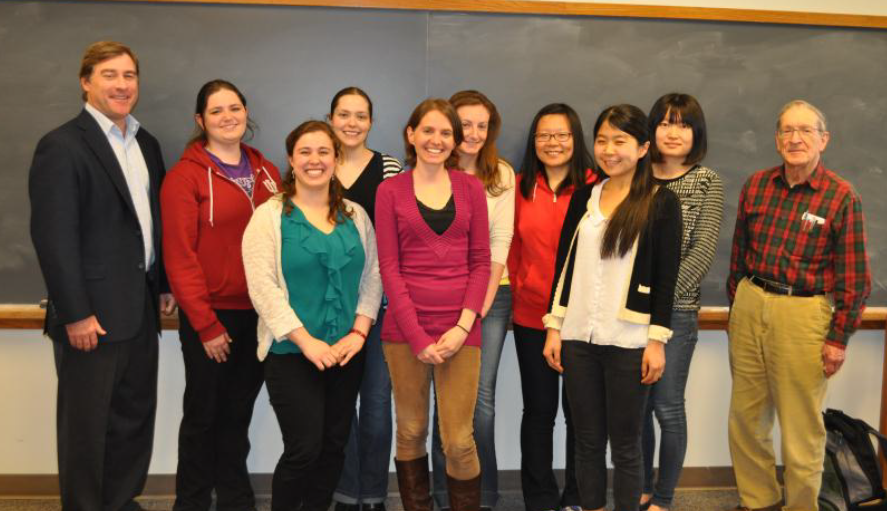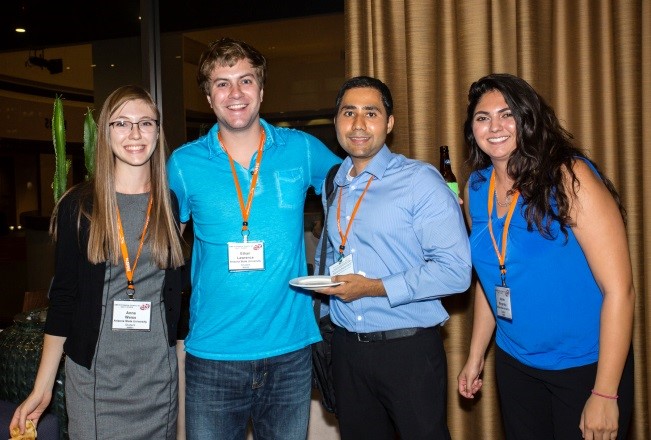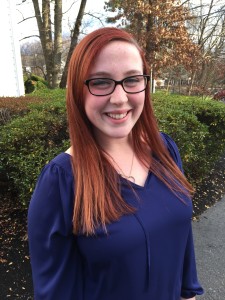
Amanda Squicciarini, Membership Services intern.
My name is Amanda Squicciarini and I have been interning at The Electrochemical Society since this past September with Beth Fisher in Membership Services. I am a junior at The College of New Jersey, located just up the road from ECS’s Pennington, NJ headquarters where I am studying marketing and communications.
You have probably seen a couple of my blog posts, like 2015 ECS Outstanding Student Chapter or 5 Ways to Expand Your Student Chapter (if not, make sure you go check them out!). This was my first experience with Word Press and blogging in general, so it was exciting to see my work published on this blog that has 15,000 page views per month. Blogging was only one of the many learning opportunities I have had at ECS over the past four months. I was also responsible for creating student chapter newsletters, and processing their reimbursements. If you are a student chapter officer, you have probably received quite a few emails from me!
As you probably already know, ECS holds bi-annual meetings every spring and fall in places anywhere from Boston, MA, USA to Cancun, Mexico. During my internship, I was able to observe the behind the scenes hard work and hours of planning that goes into these meetings months before they actually happen. My internship had just begun a few weeks before the fall meeting, and I was able to see how much work needed to be done in order for the meeting to be successful. I felt that this was a special experience to be able to see an event of that magnitude being prepped and planned for (over 2,000 people from 46 different countries attended the 228th ECS Meeting in Phoenix, AZ, USA this fall!). I even got to help by packing registration supplies, creating signs and making sure that the fellows were listed to be given their ribbons. Then after everyone returned from the meeting, I was in charge of organizing the data from the short courses to see if there were any ways to improve them for the next biannual meeting.
This internship was also my first experience in the non-profit sector. It was a great learning opportunity to be able to see how a non-profit functions. In addition, the history being endless within the society really appealed to the history buff in me. A task of mine was to scan in old files (as far back as 1903) so that the historic information is not lost when the papers are eventually recycled. Although this may seem like a very “typical” intern task, this task was essential due to the fact that members of ECS have been changing the world with their research for over 100 years. You may have heard of a guy named Thomas Edison… he was a member of ECS and I would say he changed the world! And hey, it’s pretty neat to be handling papers that are more than five times my age.
Overall, interning with The Electrochemical Society has been a great opportunity and I know I will be using the skills learned during my internship here, throughout my career. Thank you ECS staff and members for making me feel welcome, always being helpful and for teaching me something new on a daily basis. I could not have asked for a better internship experience.
Spring 2015 Internship Opportunity:
If you are seeking an internship opportunity for the spring semester, contact Beth Fisher, Membership Services Director, at beth.fisher@electrochem.org for more information. And no worries if you have not had much experience within the field of electrochemistry, I didn’t either, but you’ll pick it up quick and it is truly a great opportunity.
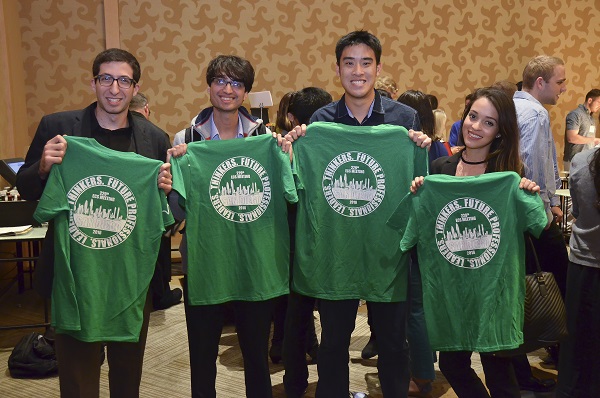 Are you a student with plans to attend PRiME 2016 in Honolulu, Hawaii this October? Help ECS help you! Apply to work six hours at the meeting as a student volunteer and receive a FREE PRiME 2016 meeting registration!*
Are you a student with plans to attend PRiME 2016 in Honolulu, Hawaii this October? Help ECS help you! Apply to work six hours at the meeting as a student volunteer and receive a FREE PRiME 2016 meeting registration!*

![Pictured (from left to right): Mahsa Lotfi Marchoubeh, Leanne Mathurin, Isaac Taylor, and Haitham Kalil[Click to enlarge]](https://www.electrochem.org/wp-content/uploads/2016/06/IMG_1530.jpg)
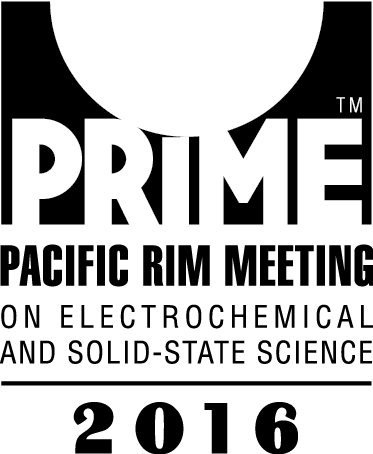 Don’t miss out on your chance to receive an
Don’t miss out on your chance to receive an 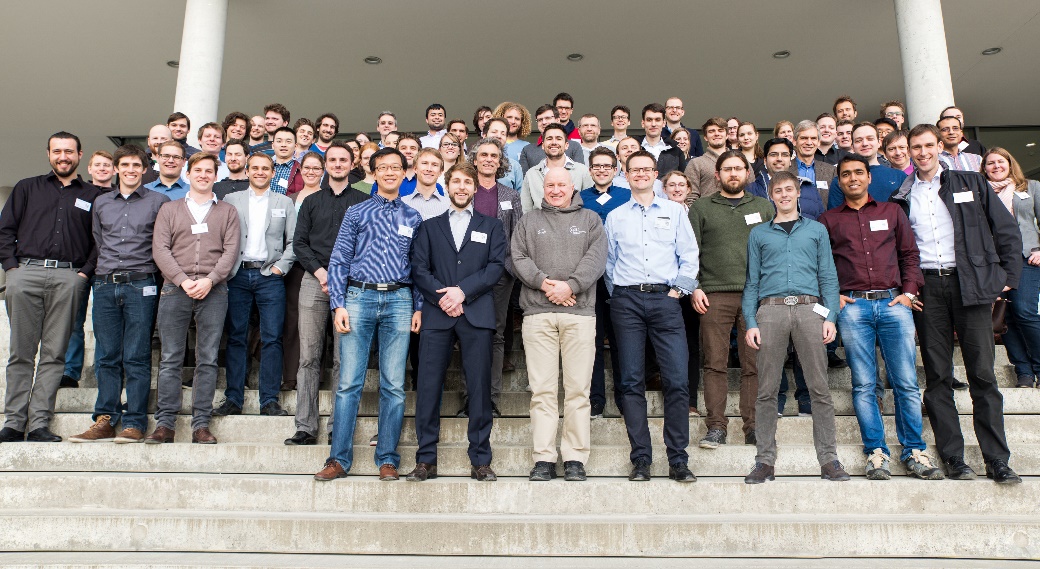

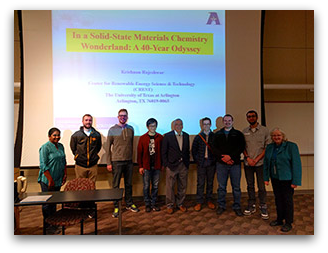 ECS senior vice president and professor at the University of Texas at Arlington,
ECS senior vice president and professor at the University of Texas at Arlington, 